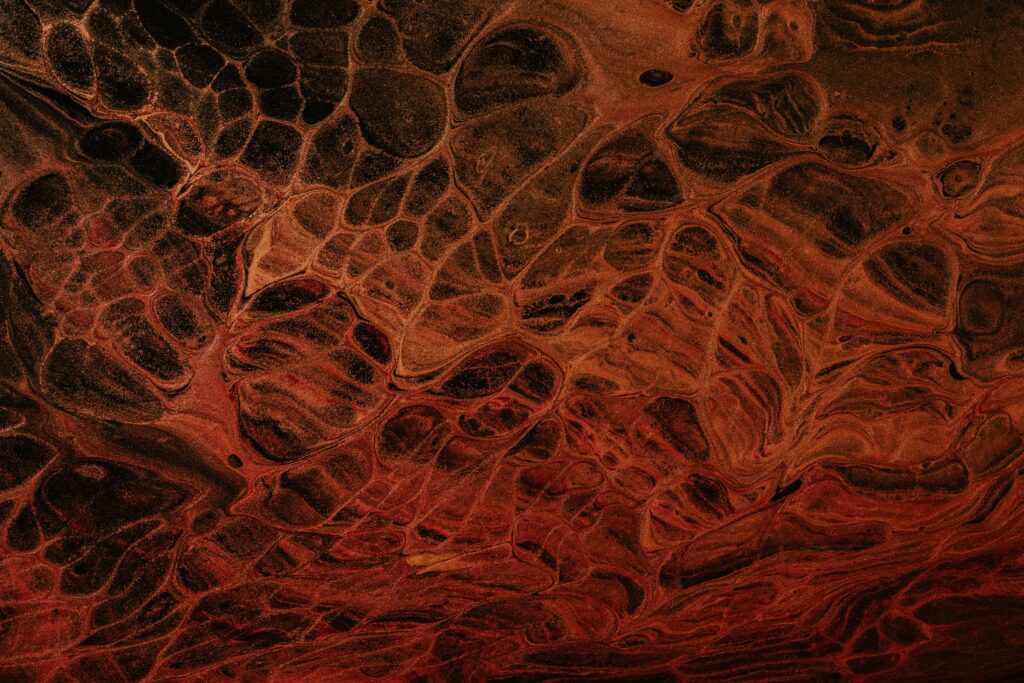
“The mystery exceeds any system.”
So says Tracey Rowland in her book Catholic Theology, and she calls this the first principle of Catholic Theology. I would be so bold as to say that this impulse lies at the heart of catholicity itself, Roman, Reformed, or otherwise, because it acknowledges a wholeness while admitting that we cannot capture it on our own. No one theology is the theology. No one witness is the witness. No one system can ever be the system.
The New Testament, after all, is a collection of apostolic witnesses, all attesting in different ways to the same revelation, the same mystery of the Word made flesh, the same mystery of the crucifixion and resurrection of the Son of God, the same revelation of God as one in three persons. The depth of these mysteries demands that we need all the apostolic voices, as well as an ever-expanding troop of expositors, faithful to the task of bearing witness to their witness. Theology, at least theology for the Church, exists to bear witness to the apostolic witness, to faithfully steward the treasures they have bequeathed us.
To extend the metaphor, though there are many apostolic voices, there is one apostolic faith, and so the sound they make together is not a cacophony. Their voices are able to speak with one voice, as a choir can sing with one voice by harmonically collecting many voices into one. However, there is no one set of harmonic relationships, no one way of making many voices sing together, and so by extension there can be no one system.
If there cannot be a comprehensive system, then what becomes of Systematic Theology itself, the very discipline I am studying right now? Rowland’s point seems to be that while mystery > system, there is still value in speaking of theology in systematic terms. From my perspective, the value of a system is not in its supposed comprehensiveness, but in its ability to speak in terms of interlocking relationships. As one of a thousand possible examples, some of my favorite work in systematic theology is around the question of the relationship between our understanding of creation as it relates to the Incarnation. By putting just these two doctrines together, a whole set of questions emerge that might not have occurred otherwise. What does it say about the world if the one who made it can put on flesh and enter it? What does it say about the one who made the world that he would take on flesh and enter it? Or to take some other examples of relating doctrines to each other, how does creation relate to redemption, nature to grace, the church to the kingdom, the old covenant to the new covenant?
Thinking of a system as a set of interlocking relationships means that a system need not be comprehensive in order to be insightful or illuminating. Also, when you think of a system as a set of interlocking relationships, you can begin to ask a whole different set of questions of a system. When I speak of these doctrines as relating in these ways, what is illuminated? What is distorted? What comes to the foreground? What fades to the background?
To put it in slightly different terms, there is difference between an actual ecosystem and our ability at any one time to explain that ecosystem. But the better we understand the underlying set of relationships within that system, the better chance we have of saying true things about it, even if those true things to add up to saying everything that could possibly be said.
Our real position as creatures within a creation is that we can never get outside of our own ecosystem. We speak from within it. We speak as those on whom the light has shone, not as the light ourselves. This is exactly as it should be. As Trevor Hart wrote, speaking of the place of revelation in Karl Barth’s theology, “the mystery is never fathomed but rather indwelt.” Systematic theology is at its best when it is a means of indwelling rather than a futile attempt to swim to the surface of the mystery in the delusional belief that we can see it from the outside.
Some questions to take up in other posts: What happens when a system sings in a different key or from a different score than the apostolic voices? How can a systematic theology be evaluated? How can we say that one system more faithfully indwells the mystery than another?
